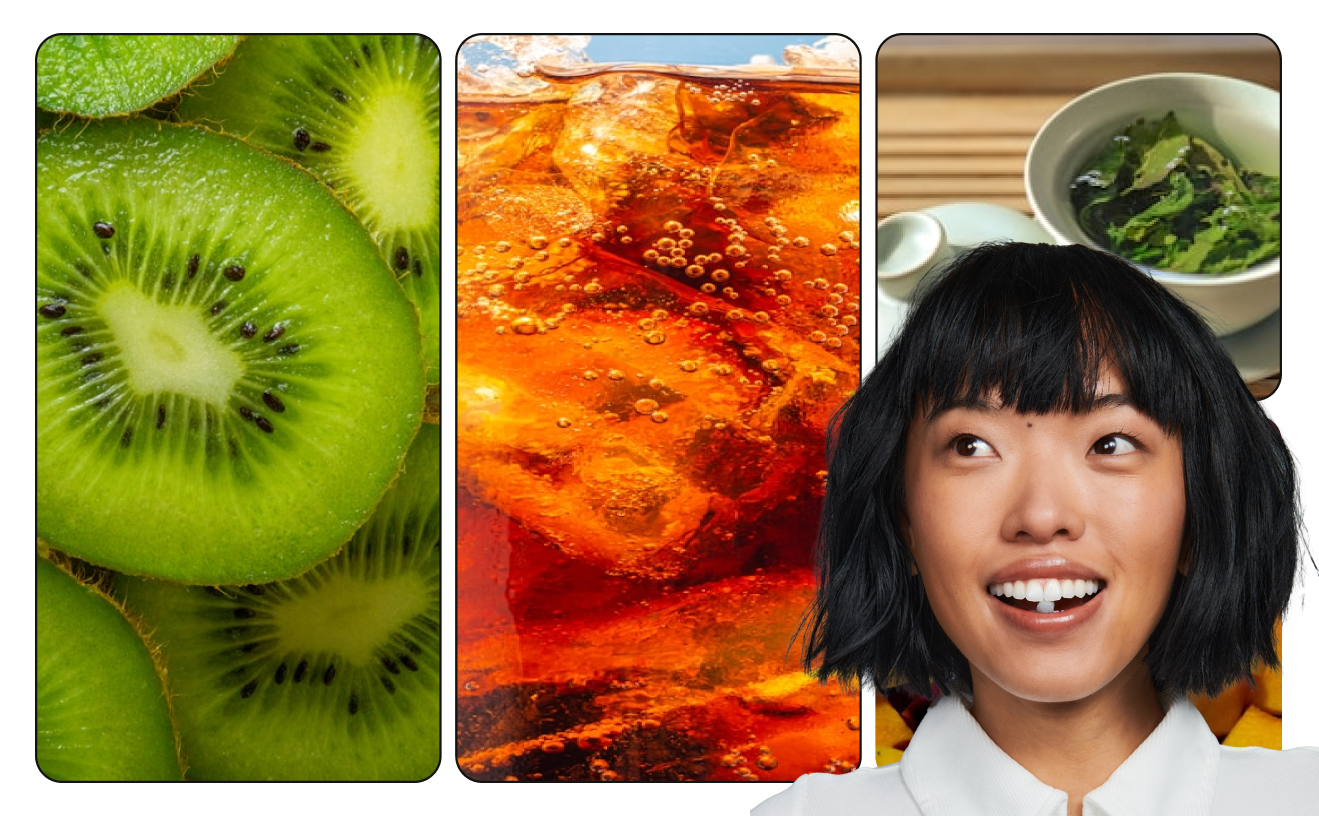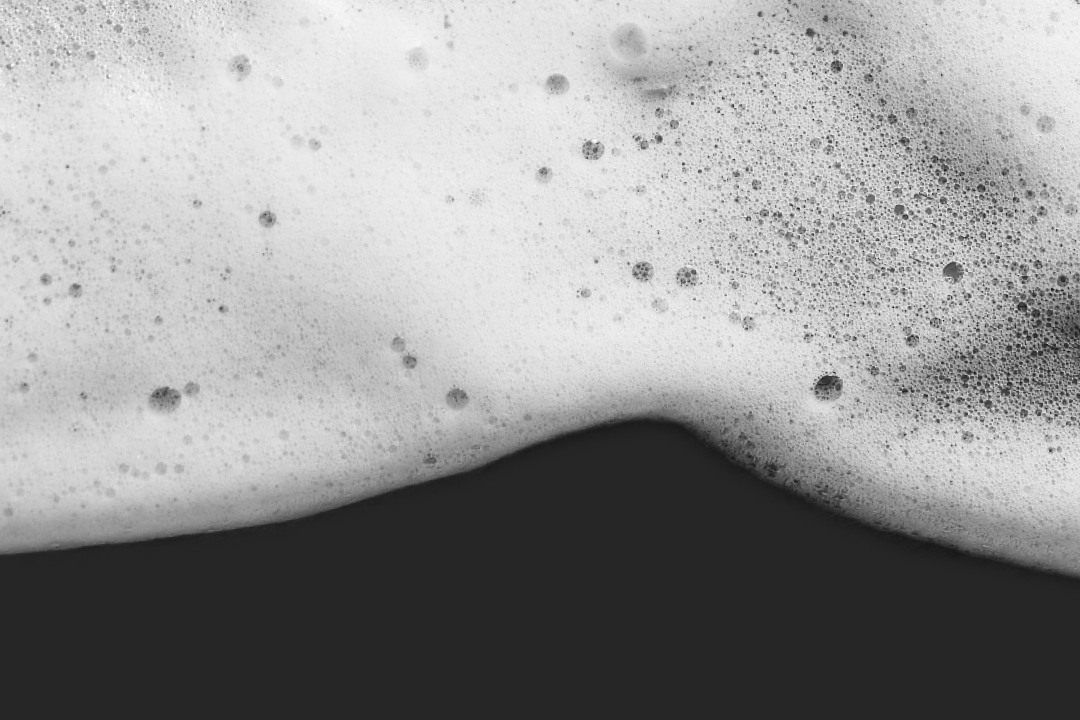How To Choose The Best Natural Toothpaste For You
If you have ever found yourself questioning why harsh chemicals have become the norm when it comes to toothpaste and personal care items, you are not alone. The perception seems to be that it must be better for you if it was made in a lab. In reality, this is not the truth. While some of these ingredients recommended by dentists may have benefits, all-natural is the safer way to go.
Now This does not mean that the components making up your toothpaste have to come fresh from the ground and into your mouth, but it does mean that they are derived from plants and natural ingredients instead of chemicals made in labs.
These formulas are often cruelty-free, vegan, free of artificial flavors, preservatives, sulfates, and parabens. They manage to do this while still offering all the same upsides like combatting plaque, bacteria that cause cavities, and tooth decay while aiding in gum health and whitening.
Which Toothpaste Is Least Harmful?
Rather than trying to determine a toothpaste’s potential harm, this question may be better rephrased as “what is the best natural toothpaste for you?” Everyone has different needs when it comes to their oral care routine. And this question will result in creative solutions versus overwhelm and disappointment.
For instance, someone who regularly experiences tooth sensitivity should not use a paste that features baking soda as a prominent ingredient.
Knowing your own mouth is the best way to find the right toothpaste brand for you. This way, you can look into products with specific benefits in mind.
What Are Bad Ingredients In Conventional Products?
While an understanding of your own mouth is crucial in finding products that work well for you, some ingredients are always best to avoid. Some kinds of toothpaste contain microbeads and other microplastics.
These microplastics are often meant to act as an exfoliant for your teeth, but when they go down the drain, they end up in the ocean, where they never break down and harm marine life. All of this farm for unnecessary tooth exfoliation.
This is a completely unnecessary risk when considering how many natural ingredients there are that accomplish the same goal, all without hurting the environment or animals.
What Chemicals Are Worth Avoiding?
There are some ingredients commonly used in toothpastes that are generally agreed to cause more harm than good. Just a few of these are:
- Triclosan
- Sodium Lauryl Sulfate (or SLS) if you are prone to sensitivity
- Fluoride (too much can cause discoloration)
- Parabens
- Artificial sweeteners
- Hydrogen Peroxide
As we touched on earlier, both baking soda and hydrogen peroxide are not good for the teeth. Though the combination of the two does have the ability to whiten teeth, it is abrasive and has been known to increase sensitivity.
Suppose you are prone to tooth sensitivity or are just trying to avoid that possibility entirely. It is best to stay away from toothpastes or any oral care product that contains the two ingredients, together or separately.
Is Natural Toothpaste Better for Your Teeth?
There is not a blanket answer for this question, however the answers lie within the ingredients label. The answer depends on what ingredients the natural toothpaste has in comparison to unnatural A natural toothpaste will not automatically be better, and a more chemical toothpaste will not automatically be better.
Know what you want in your toothpaste formula, and know what you want to avoid. That is the best way to find the right toothpaste for you. It is true that natural toothpaste will generally be much better for the environment and is often more ethically made. It is also true that many of the dangerous parts of toothpaste are chemicals that natural ones tend to avoid.
As long as you are informed, you will find the best toothpaste for you that checks all of your boxes.
Is Natural Toothpaste ADA-Approved?
For a toothpaste to be ADA-approved, it must to contain fluoride. Since many natural kinds of toothpaste avoid using fluoride in their formulas, these toothpastes have yet to receive this approval. There are a few brands of natural toothpaste out there that do include fluoride.
Many people find that it makes more sense for them to just use toothpaste with natural ingredients that accomplish all of the same things but without the risks.
Does Natural Toothpaste Still Prevent Cavities?
Natural toothpaste has the same ability to prevent cavities as unnatural toothpaste but without the added chemicals. Ingredients like Xylitol and Erythritol are both naturally derived and work wonders to stop cavities from forming.
Xylitol is an excellent ingredient because it repels cavity-causing bacteria and has an inherently sweet flavor. Adding it to a natural toothpaste gives a bonus of pleasant sweetness without being overpowering, so absolutely no artificial sweeteners are needed.
Using Xylitol with natural components like peppermint, pomegranate, aloe vera, and activated charcoal creates a well-rounded taste and brushing experience. When Erythritol is also in the mix, a toothpaste’s ability to fight cavities goes up significantly, as it also makes your mouth inhospitable to cavity-causing bacteria. One thing to note with Xylitol is that it can be toxic to our furry friends. So it is essential to carefully store all products containing this ingredient.
Which Natural Toothpaste Is Best?
Now we come back to the all-important question. If you are looking for a toothpaste that does not have the potentially harmful ingredients and chemicals we listed above but still has many benefits for you to choose from, we have you covered.
Bite Toothpaste Bits are all-natural, cavity-preventing, whitening, and sustainable. All of the ingredients in our toothpaste tablets are deliberate, intentional, natural, and actively help your smile stay healthy and beautiful.
Whether you are looking for a toothpaste that uses activated charcoal, or a quality non-mint option that kids and adults can both enjoy, we have it all.
What we offer is a totally fluoride-free toothpaste. Instead, we use nano-hydroxyapatite to help rebuild enamel in a healthy way.
Conclusion
There are a plethora of benefits that natural toothpaste can offer you. It is just a matter of knowing what you want, and possibly even more importantly, knowing what you definitely do not want. From there, you can make an educated decision on what will give you the very best brush possible.
Sources:
Myth Buster: Toothpaste Still Contains Microplastics! | Beat The Microbead


